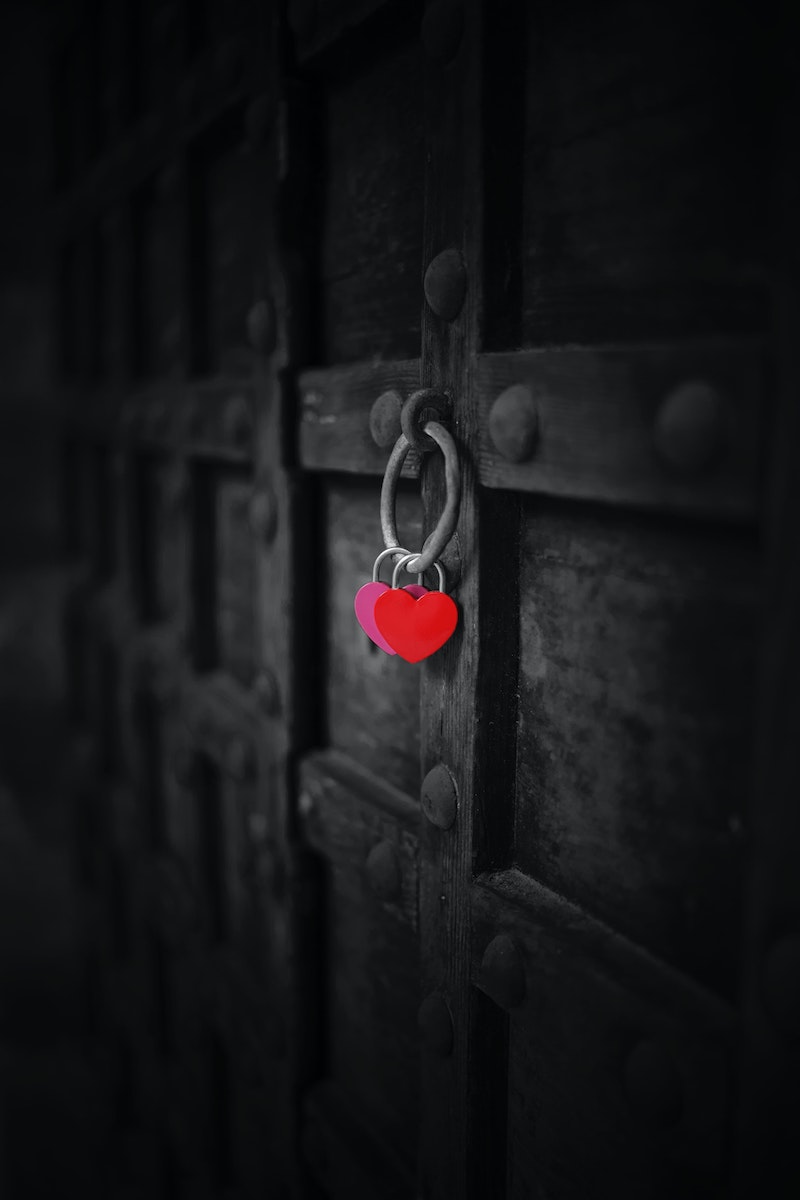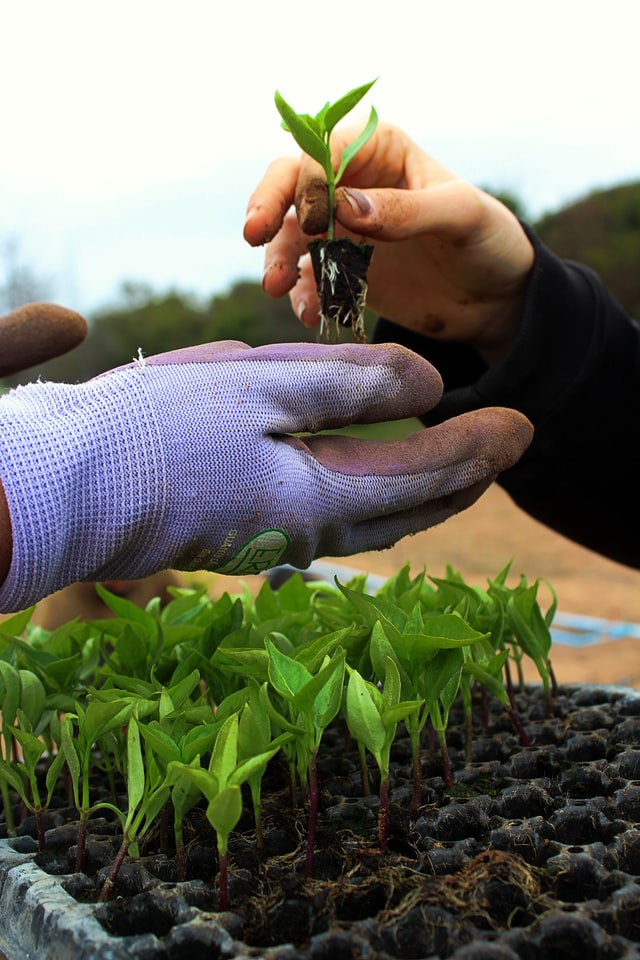Category: Psychology
-

Remember: there’s one door you can’t lock
Being sad is part of the holiday season. Anyone in mental health care can tell you that. In my case, I’m sad this holiday season not for myself, but for others. Many in this country appear to believe that the door to their heart can be closed and locked. They’re wrong.
-

‘First world problems’ are everyone’s problems
When someone replies to your expression of despair with the phrase “first world problems,” they are dismissing you. They are saying that your despair is not valid, that by expressing your despair, you are insulting the millions who suffer greater physical distress than you do.
-

Trust the Transfer
“This was not my idea. I don’t want to be here.” In my goal-setting course and in my book Homeschool with Confidence, I walk teens through the process of setting and achieving goals. And each semester, I ask the students to tell me whose idea it was for them to be there. Since 2016, only…
-

Fear of saying anything at all
As an interviewer, I have noticed what seems to be a growing trend. Perhaps it’s not a new trend, but it has been standing out more and more starkly in interviews. I’ll attempt to get my interviewee to something, anything quotable, yet they keep falling back into vagueness, empty jargon, and platitudes. I’ve been pondering…
